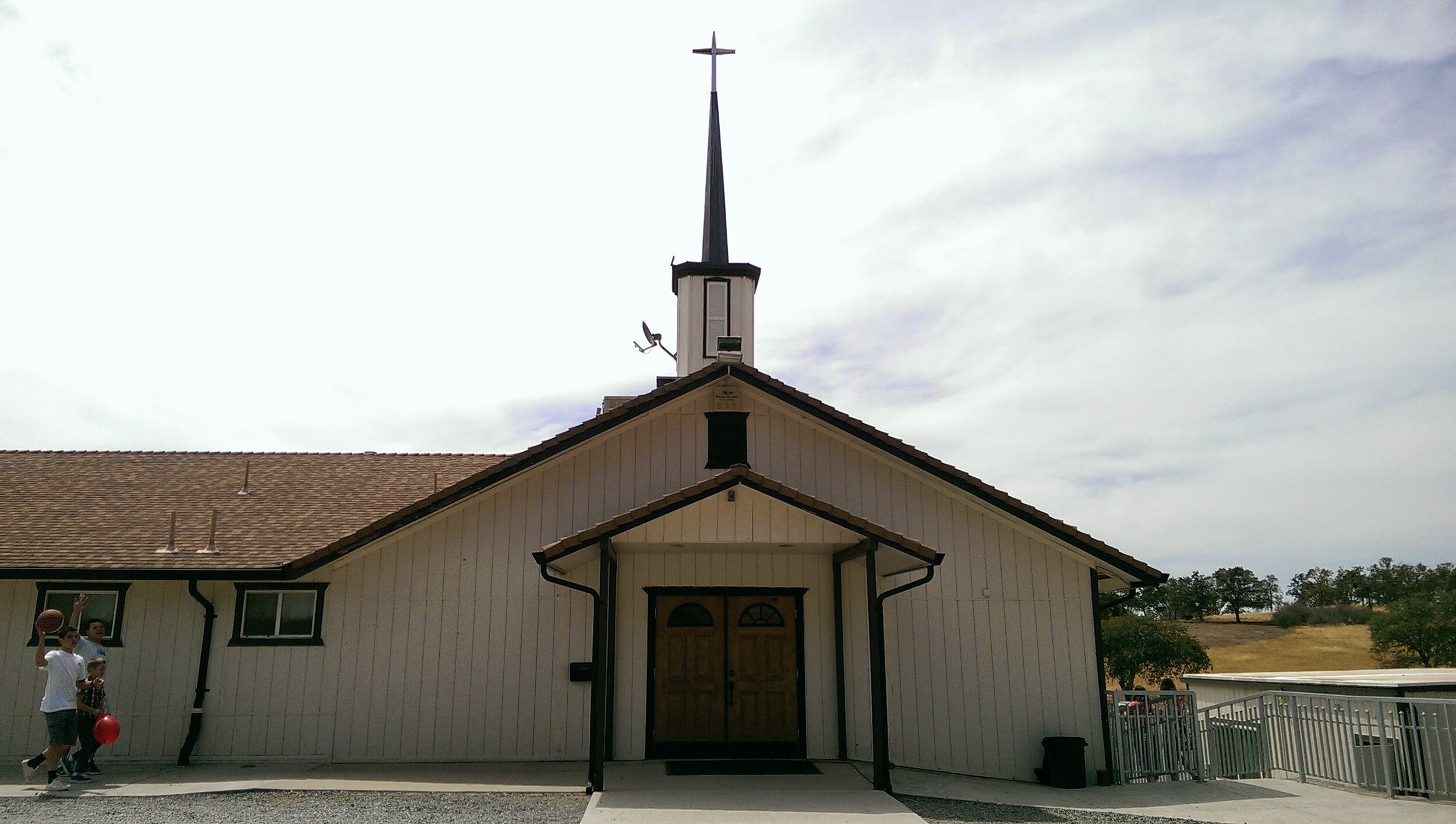“Humpty Dumpty sat on a wall,Humpty Dumpty had a great fallAll the king’s horses and all the king’s menCouldn’t put Humpty together again.”“Daddy’ll fix it!” But it doesn’t take much to put Dad in the company of the king’s horses and men. There are toys no amount duct tape or super glue will fix. Worse yet, is the belly-up goldfish from the fair, the feet to the sky parakeet, or the rigamortised hamster. Some things are beyond fixing, a hopeless mess."Three things will last forever—faith, hope, and love—and the greatest of these is love” 1 Corinthians 13:13 (NLT2)."May the God of hope fill you with all joy and peace as you trust in him, so that you may overflow with hope by the power of the Holy Spirit” Romans 15:13 (NIV).It is one of the most puzzling questions and source of great frustration why our Heavenly Father, God Almighty, who can heal the lame, deliver the possessed, and raise the dead, doesn’t fix it all? Why does the God of hope, the one who tells us to hold hope as core value and virtue, why does he expose us to the pain of hopelessness and doesn’t prevent the brokenness in first place? Many have crashed on the cliffs of this conundrum, declaring that God is either impotent or unloving or both and as such he is less than he claims, an imposter, a farce. And once someone has gone down that path and accepted these conclusions the claim that we do not understand all of God’s ways, that they are higher than our intellect allows rings double hollow, unacceptable. This, of course, has at least one problem. It requires God to be higher, better, mightier than we are in order to be God but he has to prove himself to be such according to our assessment. If God is really God, and he is, then by his very essence, his very nature his thoughts and ways are far beyond ours, that is not a cheap cop-out but just reality.However, the reality that God is omnipotent (all-powerful), omniscient (all-knowing), omnipresent (present everywhere), all-wise, just, good, holy, righteous, and loving in all he does does not anesthetize all of our pain, clear up all of our whys, insulate us from frustration, or keep us from all anger. It certainly has not done so for me. But it does give us hope, both for the future and for today.Hope is a powerful thing, even the tiniest sliver of it. That is why it is easily exploited, why false hope sells, gets votes, and finds easy prey. Hope keeps looking for a good outcome, for healing, restoration, reconciliation, peace, family, freedom, success, prosperity, justice, and love. The greater the absence of these and the darkness and pain of this absence the more we are willing to cling to the thinnest, most fragile branch of hope. Have you ever witnessed or experienced that last sliver of hope fading away, that fragile twig snap, and the dissolution, the numbness, the resignation, the depression, darkness, and hopelessness that follows? It is a gut-wrenching thing. There is, however, a hope that “does not disappoint” in spite of suffering, affliction, tribulation, trials, and hardship experienced for a long, maybe life-long, time (Romans 5:1-11).The hope that “does not disappoint” has to encompass more than our present circumstances, although it does not belittle them. It begins with the reality that Humpty Dumpty is not the only one who fell and will fall off the wall, we will too. Real hope has to be able to conquer not just hardship and suffering but also death, it has to be anchored in more than a circumstance but in eternity. Real, eternal, hope is rooted in:
- The reality of God and that he can be completely trusted. None who trust him will be disappointed (Psalm 22:4-5, Hebrews 11:6).
- The life and work of Jesus Christ who conquered sin and death who alone can make promises beyond the grave (John 11:23-26).
- The Spirit of God who indwells all who trust God and believe in Christ and who is both God’s eternal guarantee and our enabler (1:10-14).
It is a grievous character flaw for Christians not to be hopeful. It is a terrible sin to claim hope for our Humpty Dumpty and then dam it up to frolic in it ourselves, instead funneling it wherever hope is needed. One major measure of Christian maturity is how good we are at being hopeful, hope-rs. So how good are we at it? Are we getting better at? How are we responding to the darkness, the evil, the pain, and the hopelessness we see around us? To what extent is the hope poured out in hearts flowing out of us? And why would we want to just trickle it?Hope alongside faith and love will endure eternally, heaven will be filled with them. But, we are to live them presently; they are needed now and for all time and eternity, even Humpty Dumpty knows that.To God be all glory. Love you, Pastor Hans.
